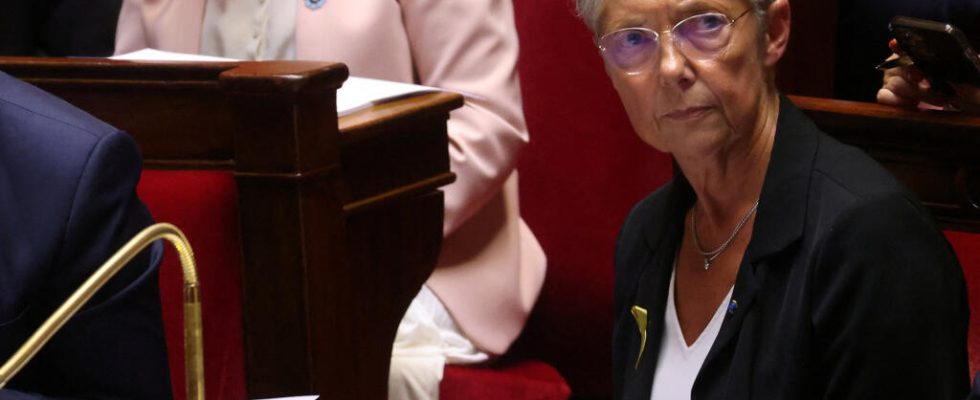How to do better and more with less? This is the puzzle that the government tried to solve with its 2024 finance law presented on Wednesday September 27.
Indeed, point The worldThis year, ” the budgetary equation is particularly difficult. Rising public debt, persistent inflation, rising interest rates, sluggish growth : in a few months, all the lights in the French economy have turned red, leaving very little room for maneuver for the government to balance the dwindling revenues and expenses that it is having difficulty with to contain “.
Bercy announces 16 billion savings. “ Fine-tuned communicationcomments L’Opinion, to convince the French that the government is making unprecedented efforts to reduce debt and deficit. Behind the scenes, however, the hands remain free to disperse public money at all levels. »
Camouflage ?
Le Figaro specifies that ” behind the chin shots, this 2024 budget, like many of its predecessors, is characterized by its consummate art of camouflage. At the heart of the text, the “unprecedented” drop in public spending essentially consists of not renewing the exceptional checks for anti-inflation shields. This facility will no longer exist next year. On the other handcontinues the newspaper, in an increasingly digital world, there will be more than 8 000 more civil servants in the administration. For the big evening of structural reforms and the big bang of the mammoth State, we will still have to wait. Finally, raises again Le Figaro, in the great maquis of levies, supposed not to increase by a cent, hide new taxes and the elimination of tax advantages, in the name of greening the economy. These jokes and tricks do not outline a credible financial strategy for a France riddled with debt, which has become the dunce of the European class. »
The ball of debt
“ One number particularly attracts attentionpoint South West : next year, the nation will have to spend more to repay its public debt than it will invest in the education of its youth. More than the amount – astronomical – of its debt, this raw fact is the worrying sign of a country living beyond its means. »
And we come back to World who warns that “ the 3 000 billion euros of debt accumulated over the last decades, whatever the political color of those in power, are a burden for the future. Their reimbursement will weigh a little more on the budget each year. In this context, the country is no longer in a position to promise everythingnotes the evening daily: lower taxes (as Marine Le Pen demands), increase spending (as the left demands) or massively reduce taxation (as the right demands). The government also finds itself weakened by its promise not to increase taxes whatever happens, while a wall of investments in ecological transition, health, education and defense remains to be financed. »
Real estate : a sclerotic market…
In parallel, Release devotes its opening report to the housing crisis. “ Construction is at a standstill, notes Liberated, modest buyers are no longer able to buy, tenants can no longer find anything to rent and banks no longer lend, or much less than before. The market is completely sclerotic and it is not the government’s tightening of the budget that will fix things. »
What’s more, continues Release« the government has found nothing better than to restrict the zero-interest loan and the Pinel system to support the rental market. Since Emmanuel Macron came to power, successive governments have considered housing essentially as a source of savings, cutting back on APLs here, dipping into the treasury of HLMs there, and generally disinvesting in the sector. The executive has finally understood that this risked blowing up in his face : with purchasing power, housing is indeed a major concern for the French. If he does not want to fuel discontent and anger, he will have to take the matter in hand “.
